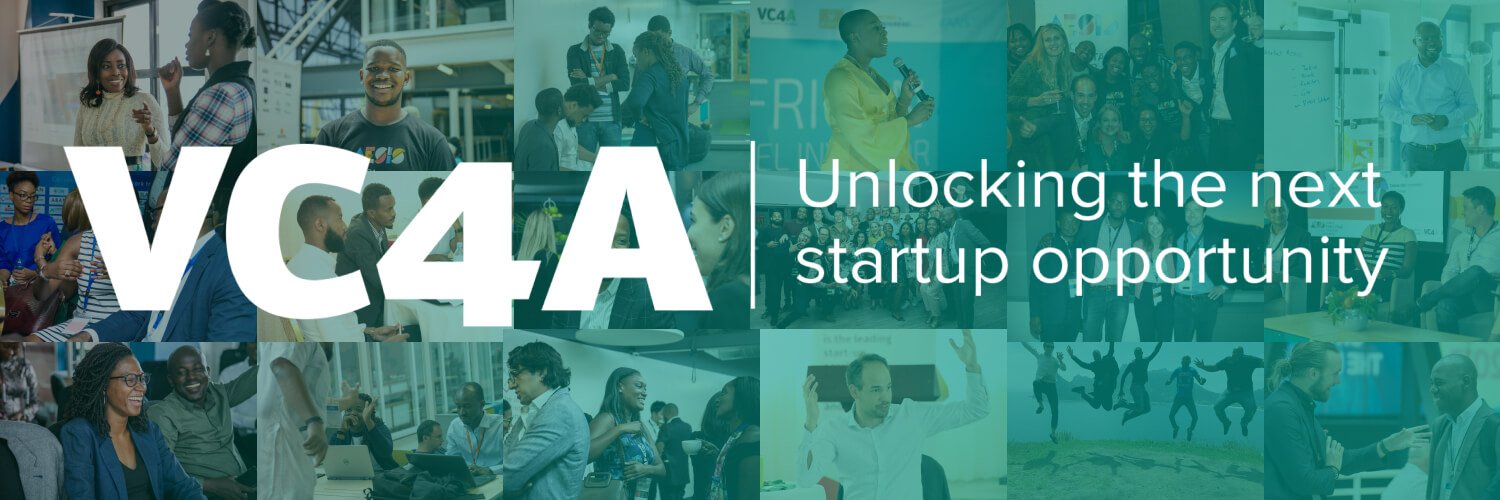The 3rd Edition of Malabo Business Up, organized by the Equatorial Guinea Entrepreneurs Association (EMEG), focused on the ongoing updates in fiscal and digital topics for business development in Equatorial Guinea. Entrepreneurs, business owners, and experts discussed how to navigate the complex fiscal procedures and how the digital economy offers new growth opportunities, especially in a challenging economic context.
Central African Republic: a student creates a cultural and ecological robot
One of the main points discussed during the event was the complexity of the country’s fiscal system. Experts emphasized the importance of entrepreneurs understanding and adapting to the constantly changing fiscal regulations. It was underscored that proper fiscal updates are essential for the sustainability of businesses and the viability of projects in an ever-evolving economic environment.
Óscar Nchaso, Founder of Dreams Hub, provided a perspective on the opportunities that digitalization offers to Equatorial Guinean entrepreneurs. According to Nchaso, “The digital economy is key to innovation. Entrepreneurs must adapt and seize these opportunities to remain competitive.” This approach highlights how digital transformation can be a powerful tool for business growth in Equatorial Guinea, despite the challenges the process presents.
Pablo Olivera, President of EMEG, highlighted during his speech the importance of fostering an inclusive and updated business ecosystem. “This event is a unique opportunity for entrepreneurs to meet with experts, discuss fiscal challenges, and find practical solutions that will help them advance their projects,” said Olivera. He also mentioned the growing interest from women entrepreneurs in the country, urging for stronger resources and financial support for them, highlighting the positive impact of initiatives such as the Women Entrepreneurs Laboratory.
In summary, Malabo Business Up reaffirmed the need for Equatorial Guinean entrepreneurs to stay updated on fiscal and digital topics to ensure the sustainability and success of their businesses. The event showed that the future of entrepreneurship in the country depends on entrepreneurs’ ability to adapt and seize the opportunities of the digital economy, thereby driving growth and innovation in an increasingly competitive environment.










